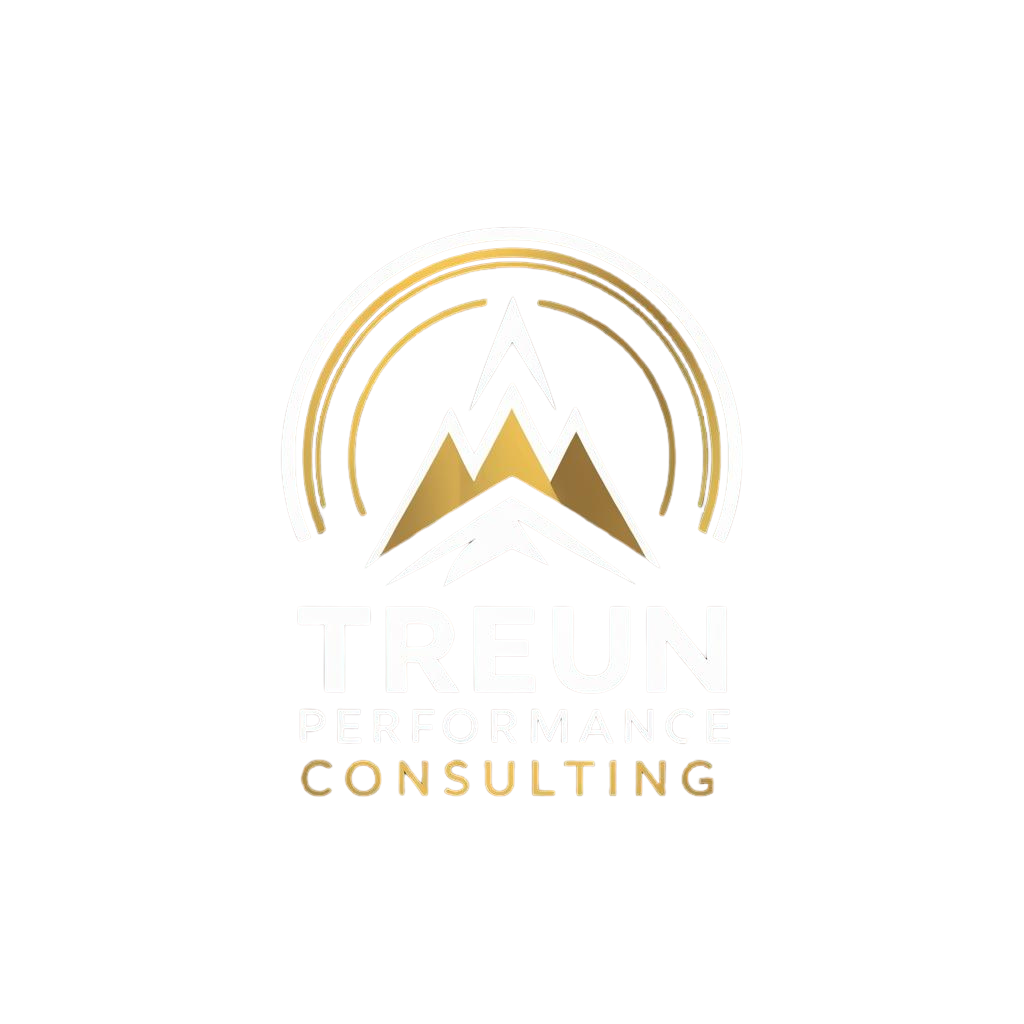
Sport-Related Injury Consulting Services
In sport, injuries are inevitable—but isolation and uncertainty don’t have to be. Whether you're returning to play after a concussion, preparing for a career transition due to injury, or trying to support a teammate through recovery, this service stream is here to help you move forward with clarity and confidence.
Treun's approach to injury consulting blends psychological support, concussion education, and performance reintegration strategies—tailored to the needs of individuals, teams, and support networks.
Individual Sport-Related Injury Consulting
Injuries affect more than just the body—they can also disrupt identity, confidence, mood, and social connection. This one-on-one consulting supports the psychological and emotional side of recovery, working in collaboration with your existing medical and rehab team or independently.
Your sessions may include:
Personalized strategies to manage symptoms, setbacks, and stress
Support for confidence rebuilding and mental readiness
Tools to manage fear of re-injury, frustration, or identity loss
Resources to navigate transitions (return to play or exit from sport)
Assessments that guide tailored support and goal setting
Cassandra’s specialization in psychological and social aspects of concussions and injury-related mental performance ensures that your recovery plan supports both well-being and performance.
Team & Organization Sport-Related Concussion Consulting
Sport-related concussions can have wide-reaching effects on both individuals and teams. Whether you're a coach, parent, manager, or teammate, knowing how to respond with confidence and compassion can make all the difference.
Team-focused consultations can include:
Education and workshops tailored for different audiences (e.g., coaches, teammates, parents)
Consultation for integrated support teams (ISTs) and organizations
One-on-one sessions for key personnel involved in athlete care
Guidance on creating supportive environments for recovery and return-to-play
Cassandra works with teams to build awareness, be proactive, and ensure recovery is understood not just medically—but socially and psychologically as well.

